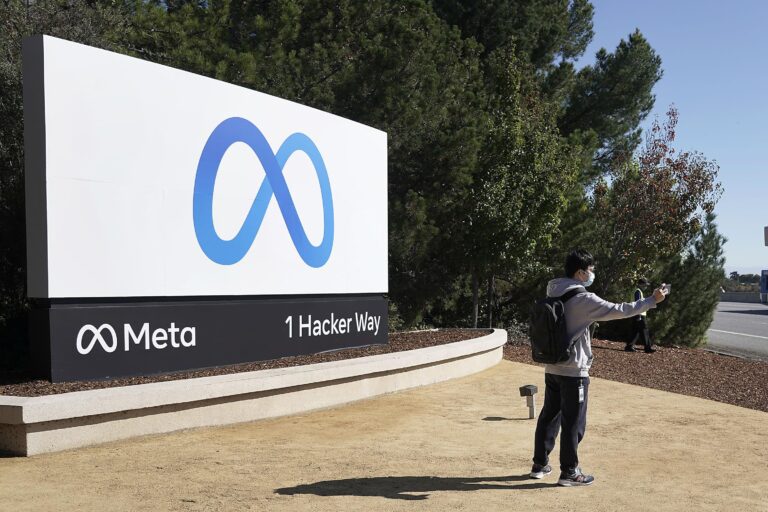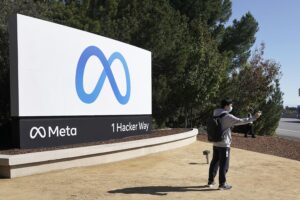Google advances further towards full control of Android.
- It appears that mobile operators ranging the Pixel and Pixel XL will not be customising the devices in any meaningful way as well as relinquishing control of software updates.
- This will allow Google to move one step closer to full proprietary control of the software that runs its ecosystem.
- Ever since the launch of the Pixel there have been fears that mobile operators would fill Pixel with “bloatware” that would degrade both the experience and the performance of the device.
- Many mobile operators have spent over 10 years trying to generate differentiation for themselves through this route but they have all failed as the services that they have offered have not delighted users in any way.
- The services’ software has also almost always required substantial modification with every revision of Android meaning that operators often take months to update the devices in their networks, if ever.
- Furthermore, because many of these services were installed as part of the factory software build, users could not uninstall them.
- However, with the Pixel devices, Verizon (and I suspect Telstra and everyone else) will be updating the devices at exactly the same time that Google does.
- This leads me to believe that mobile operators carrying the Pixel have, handed over control of updates to Google with their own modifications being no more than services that users can get from Google Play.
- With the issue of liability should a Google update kill the device, I suspect that Google has taken liability for the Pixel updates.
- I see this as another significant step by Google in taking the Android code that runs its ecosystem devices proprietary like iOS or Windows Phone.
- This will fix the two most pressing problems that it has in Android which are:
- First: endemic fragmentation which hampers the user experience.
- Second: inability to update the vast majority of its ecosystem devices.
- I suspect that in return for ceding complete control to Google and providing marketing support for Pixel, operators have no liability for the device and receive a share (TAC) of revenue that Google generates from the device.
- This should help them offset the pricing pressure that they are feeling from being little more than commoditised packet pushers as well as the pressure being felt in roaming rates.
- I have long believed that the shortcomings of Android are largely responsible for the fact that Google generates less than half the revenues from an Android user than it does an Apple user.
- By taking complete control of Android, Google should be able to put these issues to bed and thereby increase the revenues that it can generate per Android user.
- This could be a source of meaningful extra growth for Google which should help offset the impact of falling growth in its total user count.
- Unfortunately, in the grand scheme of things Pixel is likely to be only a tiny proportion of Google ecosystem devices meaning that Google has to extend its control across the rest of the platform.
- All the signs are that this will begin in earnest in 2017 where Google has a perfect opportunity to blame Oracle (see here) when developers complain about the loss of open source code.
- I think that at $784 Alphabet shares are already reflecting success at driving greater revenues per Android device and are not reflecting any long lasting damage from the EU investigation.
- This is why I see more downside than upside in Alphabet and continue to prefer Baidu and Microsoft.









Blog Comments
Jonathan Libov
October 13, 2016 at 4:21 pm
There will be pre-installed apps: http://arstechnica.com/gadgets/2016/10/psa-if-you-like-updates-dont-buy-the-google-pixel-phone-from-verizon/
windsorr
October 14, 2016 at 2:53 am
Yes there will be but they are not integrated into the OS. This means that they can be uninstalled just like anyting else that comes from Google Play. Also that Ars Technica article you are citing is out of date in incorrect…. updates from VZ same as Goog
Jonathan Libov
October 14, 2016 at 3:16 am
Touché